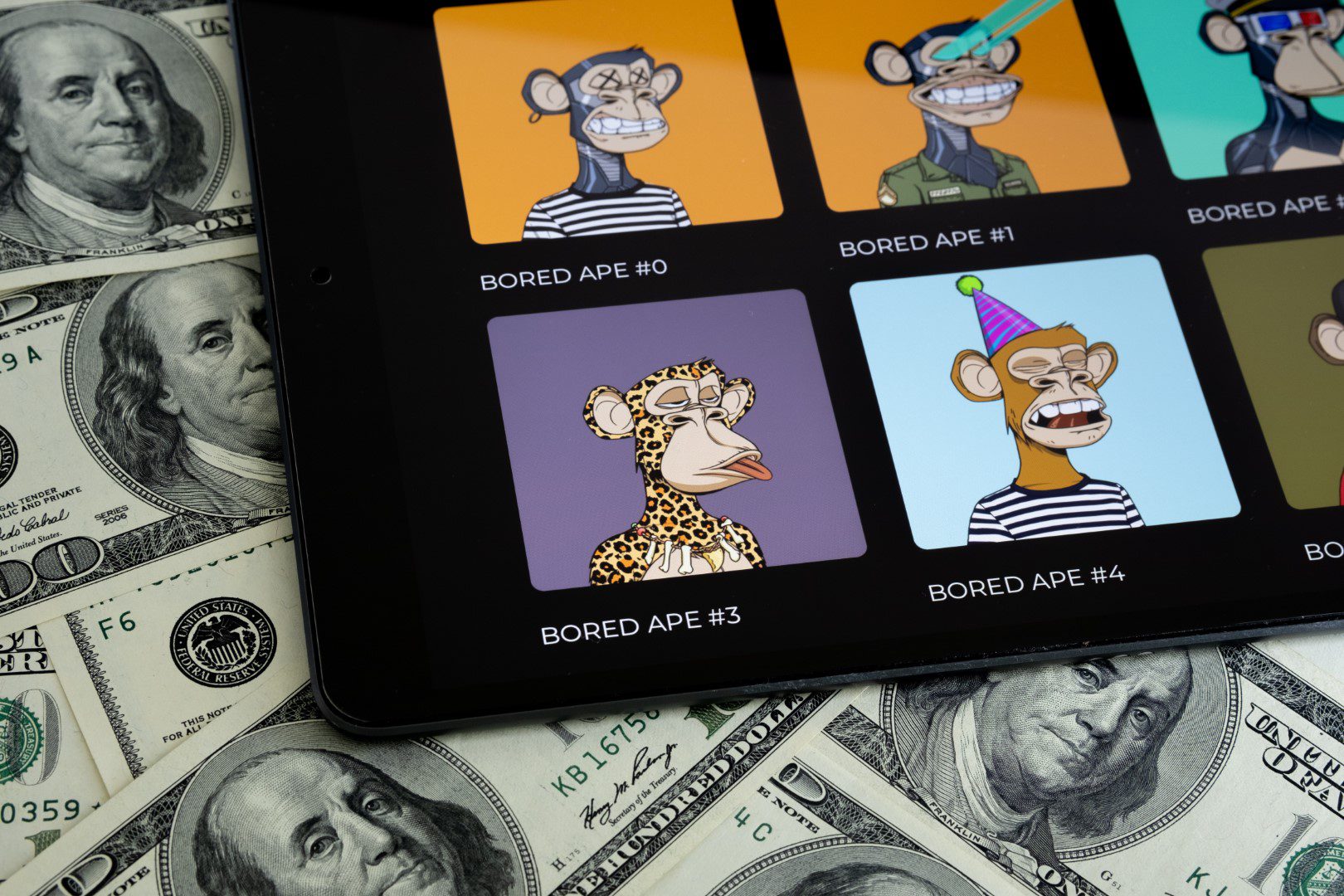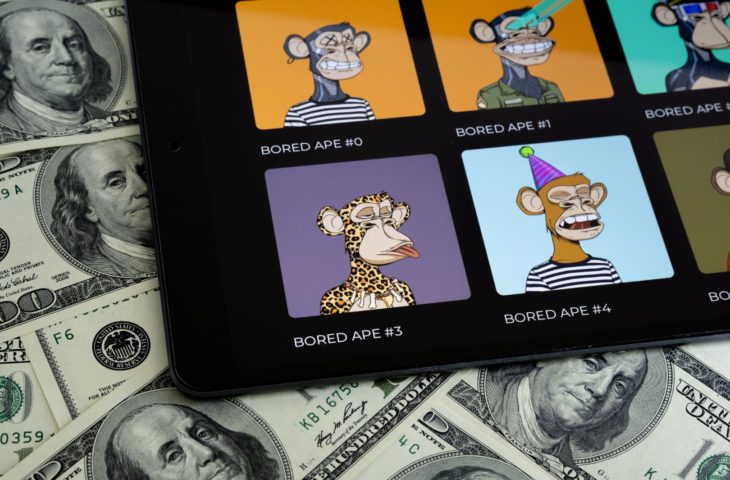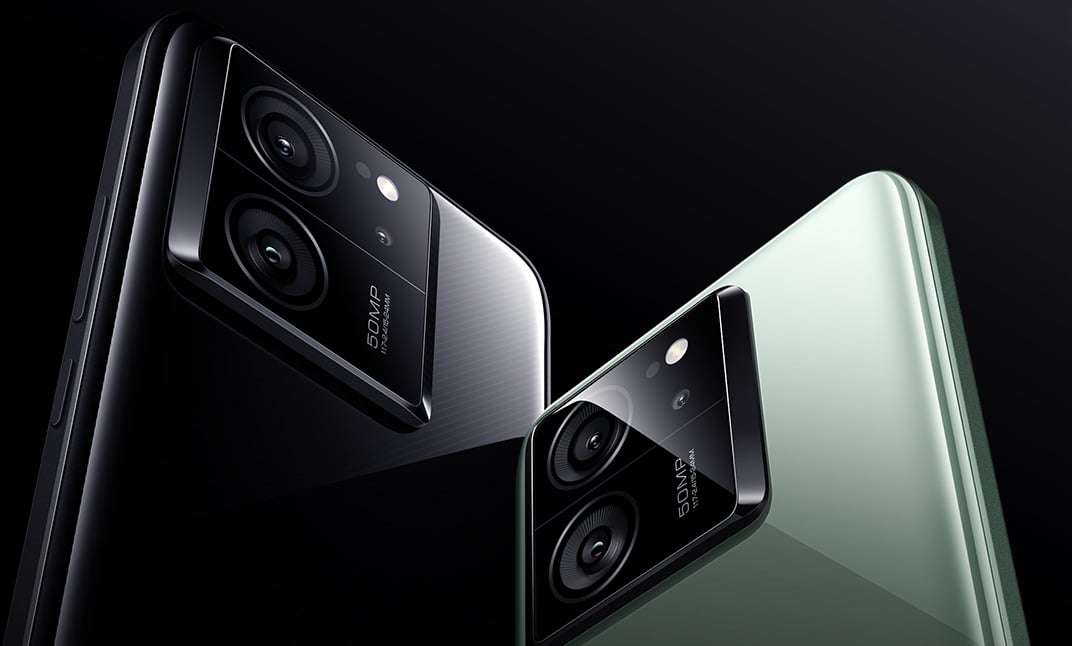Buyers of Bored Ape NFTs are suing the well-known auction house Sotheby’s, among others. In this way, they hope to shift the responsibility for their investment decisions to third parties.
Buyers of Bored Ape NFTs who feel that a non-legally binding virtual proof of ownership for a JPEG that anyone can copy for free is not a good investment are not feeling responsible for their investment decisions. They are suing Sotheby’s and bored-ape maker Yuga Labs, among others, for allegedly conspiring to create an “aura of legitimacy” around NFTs.
NFTs and monkeys
In a previous article, we covered in detail what NFTs are and why you should stay away from them, but we’ll recap. NFT stands for Non-fungible token and is a unique token whose details are managed in a blockchain. An NFT has an owner and is linked to a mostly virtual asset. The tokens purport to be proof of ownership of such an item.
There are NFTs for images, videos, but also soccer goals. An NFT is nothing more than a piece of paper on which someone has scribbled that the owner of that piece of paper also owns something else. Imagine a notarial deed, but without the notary public or the legal framework that supports that deed.
Bored Ape Yacht Club NFTs are NFTs that claim to define virtual ownership of a series of collectible digital ape footprints. As mentioned, the NFTs have no legal value (let alone more than an email). The collective prints themselves are digital images that anyone can view or copy. However, only the owner of the NFT is the “owner” if you value the concept of the NFT.
auction sales
In September 2021, Sotheby’s sold 101 Bored Ape NFTs for $24.4 million. The buyer, who was anonymous at the time, was apparently the bankrupt crypto exchange FTX, whose founder and CEO Sam Bankman-Fried is currently in prison awaiting trial.
The only value of NFTs like Bored Ape’s is the buyers’ belief that someone else will pay more for things in the future in order to make a profit. Since NFTs, as described, have no real value, they are best thought of as a kind of pyramid scheme that collapses once the last buyer can’t find a new buyer willing to pay more.
That also happened. For months after the auction, prices soared to new heights. In April last year, a Bored Ape NFT was worth $420,000 before crashing to $90,000 a few weeks later.
In other words, those who bought at the peak saw a small fortune fizzle out. These investors now believe they are not to blame, although we would like to point out that we and other media have described the ups and downs of NFTs prior to the crash.
conspiracy
Buyers now point to Sotheby’s and Yuga Labs. By linking the NFTs to the reputable art auction, both parties would have deemed the Bored Ape NFTs legitimate. The complainants start a so-called class actionwhere they want to include everyone who bought NFTs from Yuga.
The complaint states that investors were left with only a fraction of the artificially inflated value of their NFTs. We would argue that by definition, an NFT has no value other than what you blow into it. Sotheby’s and Yuga have until September 12 to share why the lawsuit may be unfounded.
There is a lot to be said for corporate responsibility in the NFT hype. Sotheby’s isn’t the only big name championing these things. This is how Salesforce stays convinced of the usefulness of things. Adobe had previously jumped on the bandwagon.














